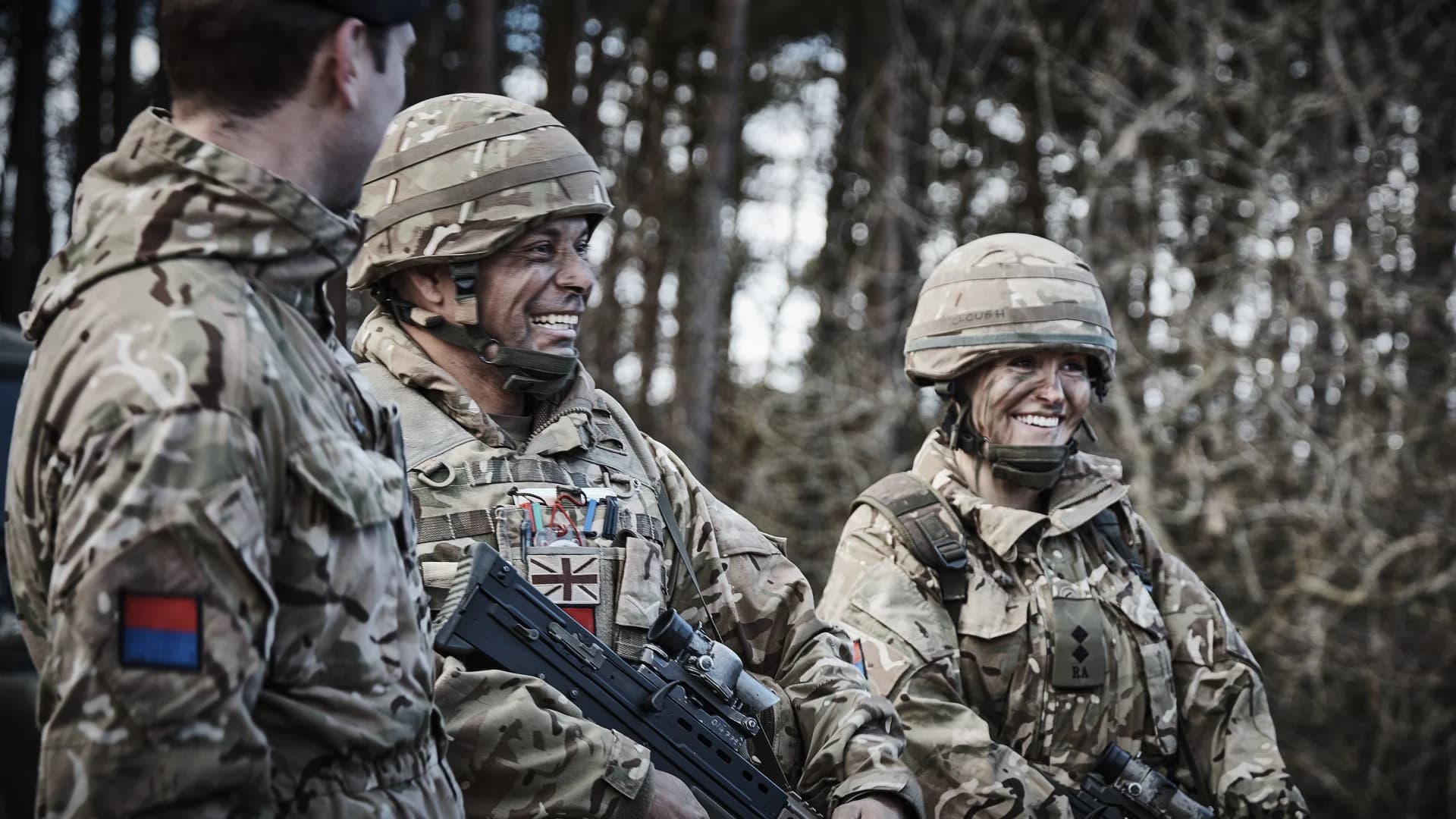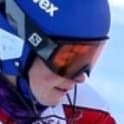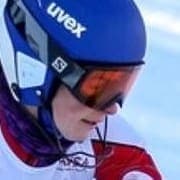
Please could I ask for an insight into a physiotherapy officers role in the army?

Anonymous asked a question to Medical Roles
Category: About us
Date asked: Saturday, July 25, 2020
Last reviewed: Monday, July 27, 2020

Tori C.
Regimental Medical Officer
Hello,
I'm afraid we don't have any physiotherapy officers on this platform, but I forwarded your question to one and she kindly replied with the following.
'An insight into a physiotherapy officers’ role in the Army.
Physiotherapists can work in a variety of different areas within the Army, including PCRF’s (Primary care Rehabilitation Facility), RRU’s (Regional Rehabilitation Facility), DMRC (Defence Medical Rehabilitation Centre) and RCDM (Royal Centre for Defence Medicine).
Within a PCRF, the Army physiotherapist is the OC (Officer in Command) and splits their time between managing the department and clinical time. A PCRF would usually be a patient’s first port of call, bigger departments will also have a clinical lead. At an RRU, the Army physiotherapist can work as the OC or 2IC (2nd in Command). An RRU runs a variety of 2-3 week long intense rehabilitation classes and the referral is usually made by the PCRF physio. The DMRC is based at Stanford Hall and have a variety of specialist areas. All these facilities will have a mixture of civilian and military staff.
Physiotherapists can also work in Field Hospitals and Medical Regiments in different roles such as Clinical Training Officer, Clinical Placements Officer, in Healthcare Governance and many other roles.
The usual rotation in one post is 2-3 years. While in the post, there are usually opportunities to go on exercise/deploy.
Physiotherapists regularly go on exercises to Estonia, Kenya and Canada to supports troops in training. There are many other training places that change regularly depending on need. The most recent Operational Deployment for a physiotherapist was in South Sudan with the UN, where the physio role was to treat and rehabilitate the UK Taskforce.
Physiotherapists regularly engage in sports, both participating in sport and providing pitch side support.
There are also lots of training opportunities and you can apply for funding for a variety of courses.'
Monday, July 27, 2020
Anonymous
Very useful. Thank you so much!
Monday, July 27, 2020
This discussion is closed, so no new comments can be added.